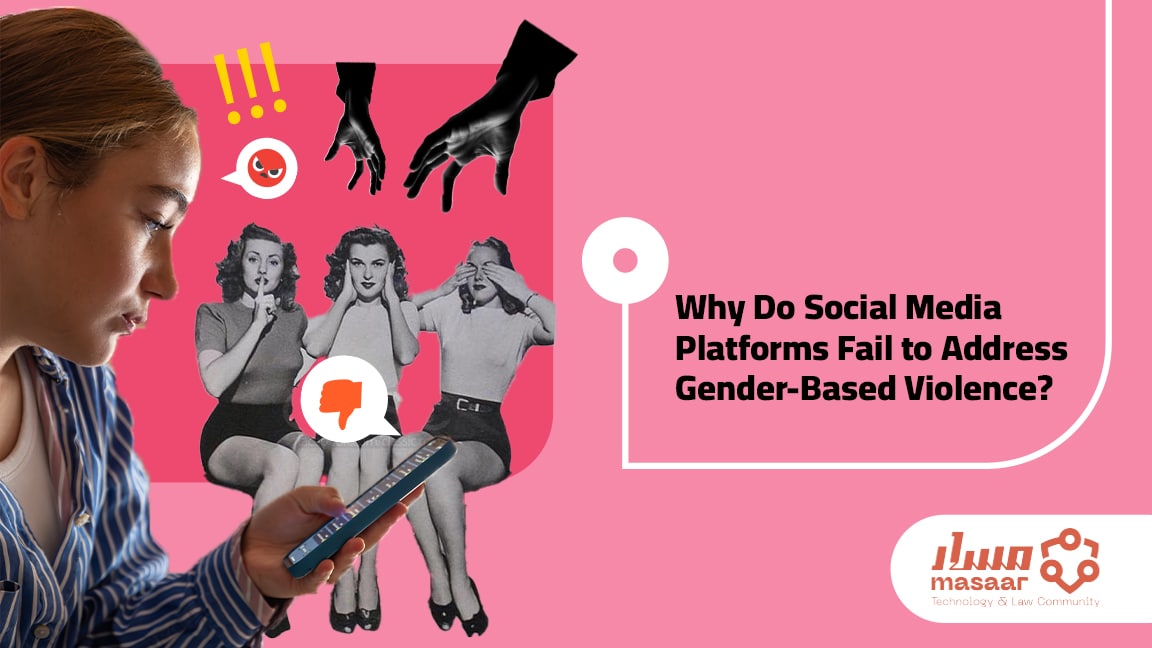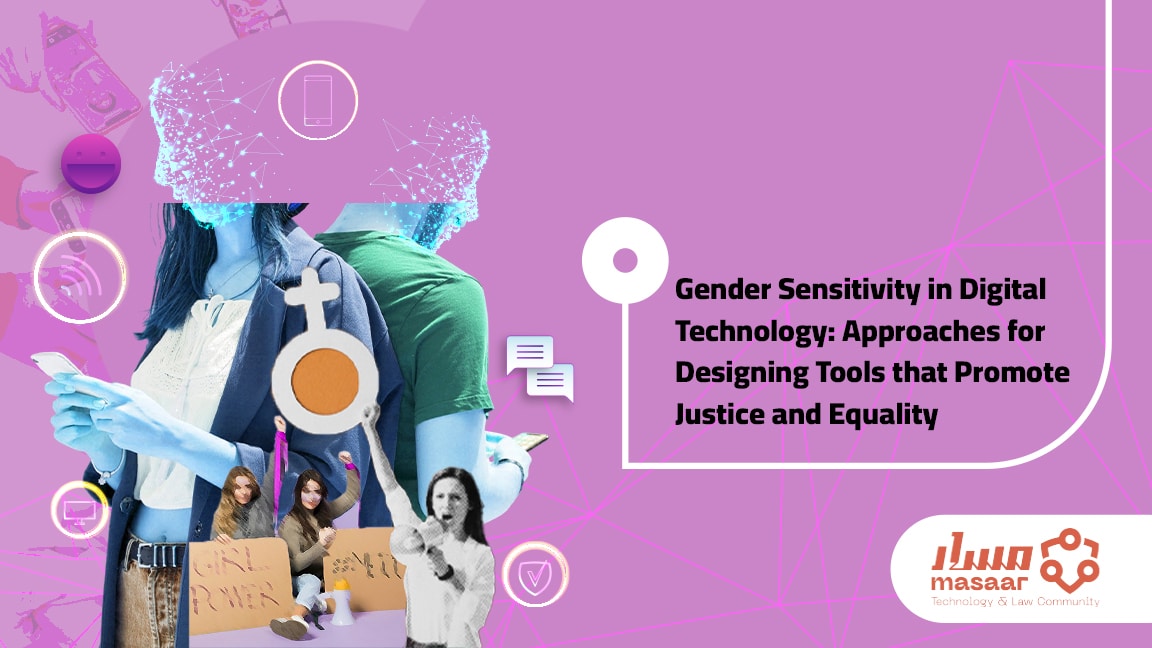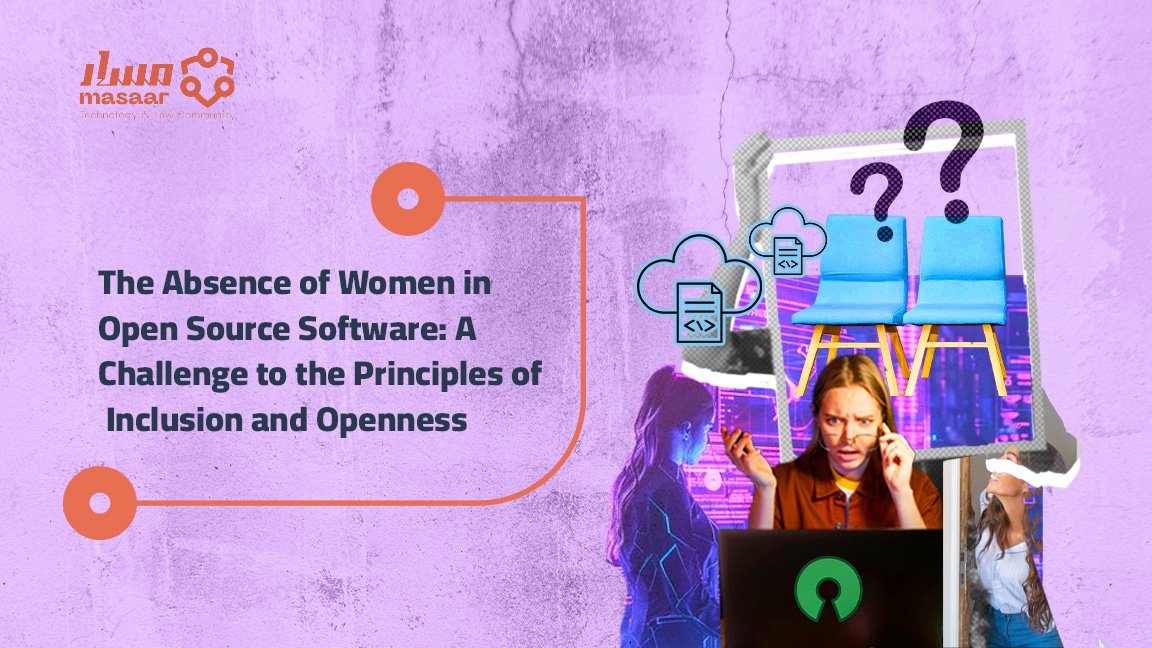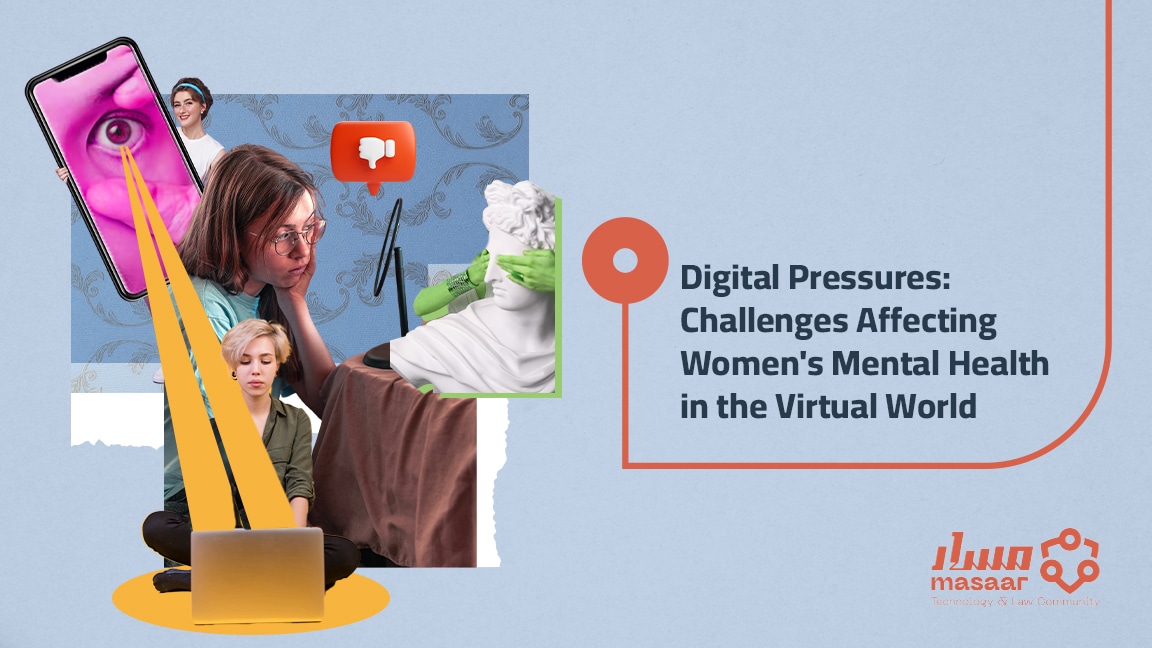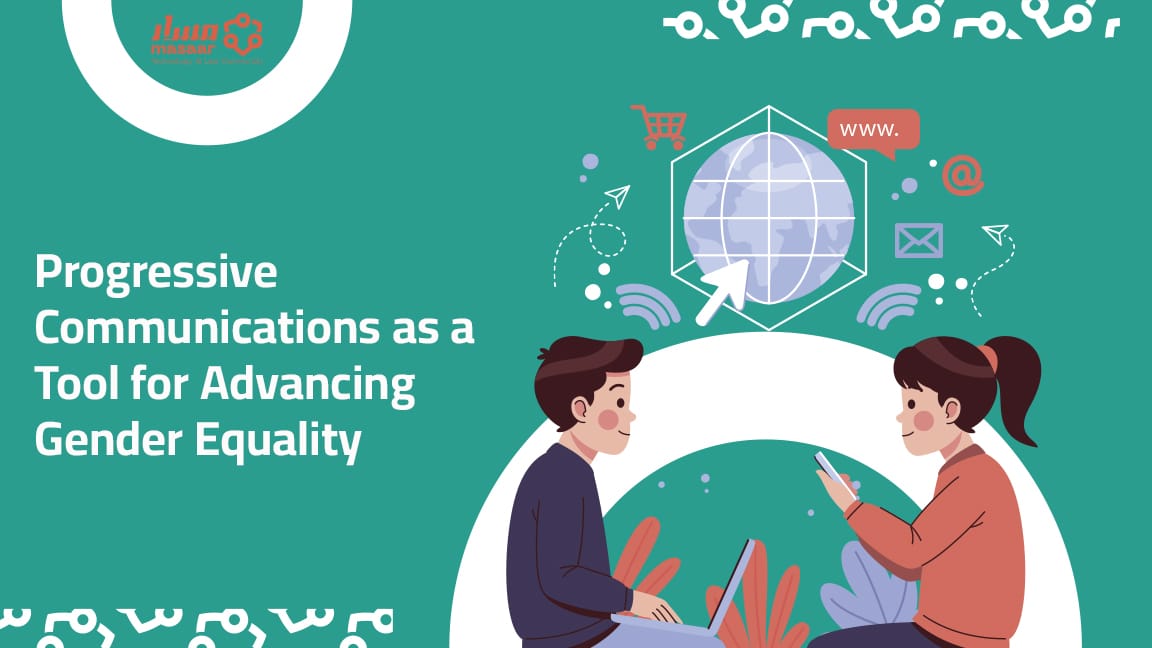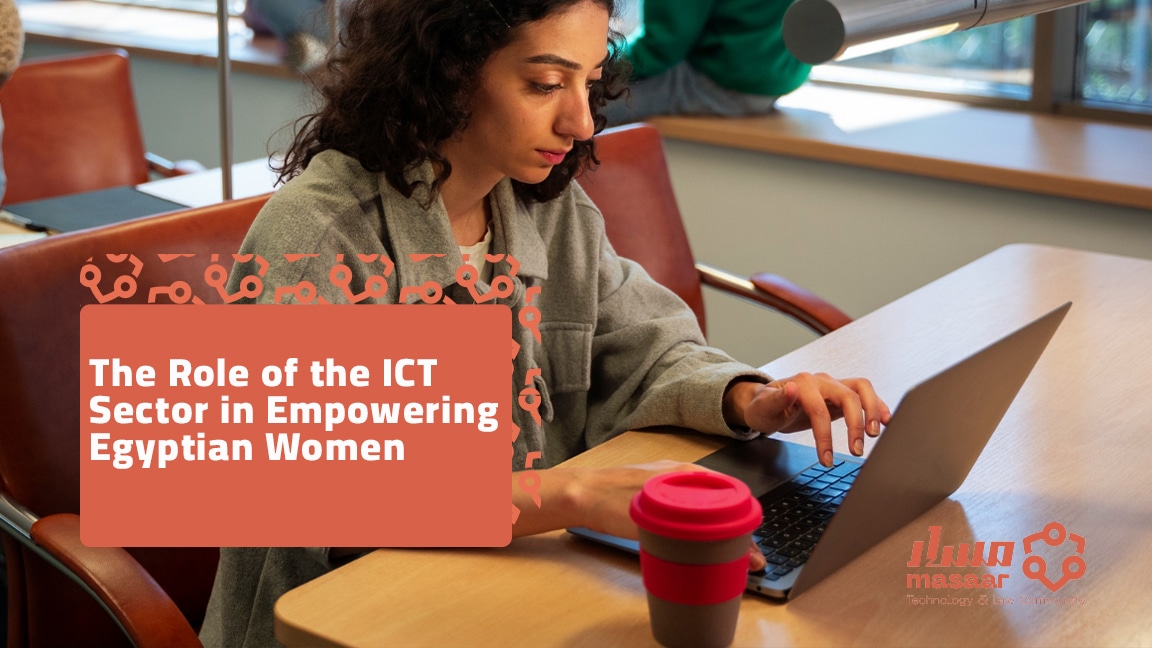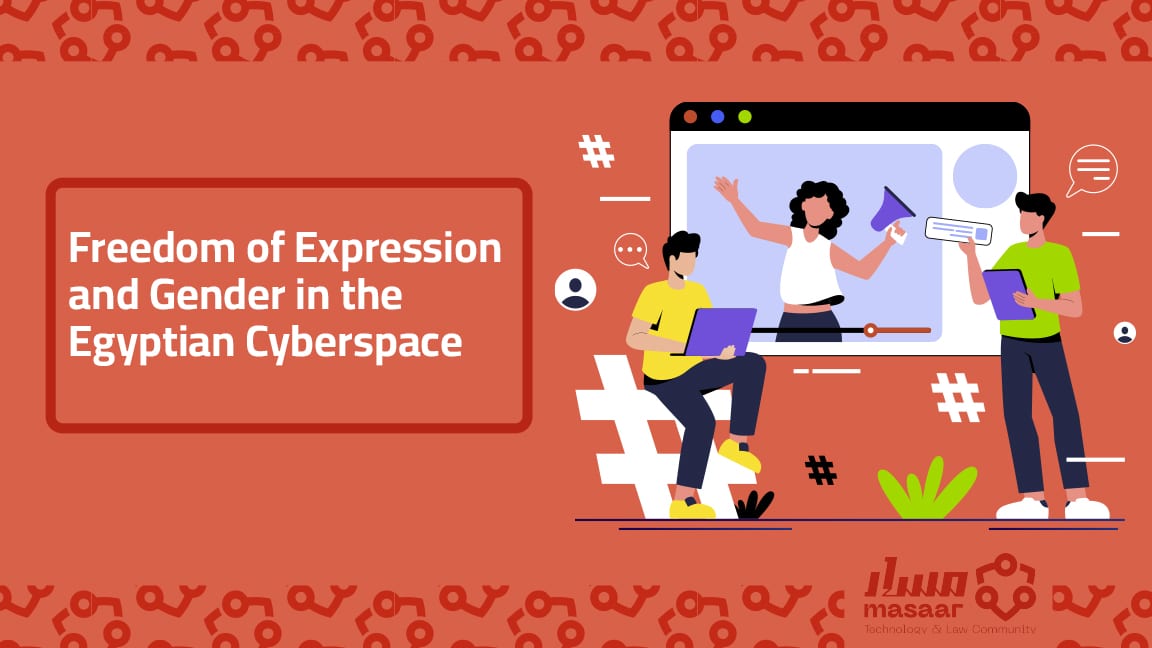Tech and Equality
Content Creation and Gender Dynamics: Who Shapes the Other?
This paper examines the two-way relationship between content creation and gender dynamics: how the internet opens spaces for self-expression, social influence, and income, while algorithms, market logics, and cultural expectations reshape that expression.
Why Do Social Media Platforms Fail to Address Gender-Based Violence?
This paper examines how social media policies fuel the growth of cyber gender-based violence and its persistence. It highlights structural flaws in current protective measures on these platforms and offers recommendations to boost online safety for women and girls.
Gender Sensitivity in Digital Technology: Approaches for Designing Tools that Promote Justice and Equality
This paper offers a practical definition of gender sensitivity, emphasizing its importance, necessity, and mechanisms for its implementation. The paper also discusses gender sensitivity within digital technology and proposes two approaches for its integration into the lifecycle of digital products and services.
The Absence of Women in Open Source Software: A Challenge to the Principles of Inclusion and Openness
This paper examines the challenges and opportunities associated with integrating women into the open-source software community. It presents the current state of women’s participation in the open-source community, explores the main barriers to their inclusion, and finally, discusses approaches to promote integration, including mentoring and training programs, inclusive policies for open-source projects, and support for community networks.
Digital Pressures: Challenges Affecting Women’s Mental Health in the Virtual World
This paper discusses the impact of women’s experiences in the digital world on their mental health. It provides a brief overview of the main gender-based pressures women face in the digital world, their impact on women’s mental health, and ways to address these pressures.
Progressive Communications as a Tool for Advancing Gender Equality
This paper seeks to provide an overview of the intersection between progressive communications and gender. It discusses the role that progressive communications can play in supporting efforts to achieve gender equality, including the opportunities available and the means to support them.
The Role of the ICT Sector in Empowering Egyptian Women
This paper explores Egypt’s ICT sector’s potential to economically empower Egyptian women. It focuses on how the sector can create more employment opportunities for women. Additionally, the paper discusses the potential of the ICT sector to socially empower women, which can further contribute to narrowing the gender gap.
Freedom of Expression and Gender in the Egyptian Cyberspace
This paper seeks to address the most influential factors in women’s right to exercise their freedom of expression in Egyptian cyberspace. The paper uses an approach that hypothesizes that the most influential factor in creating an oppressive climate for women to exercise their right to freedom of expression is the prevalence of hate speech and misogynistic rhetoric that is decisively dismissive of the principle of gender equality.
Bridging the Gender Gap in Education through Digital Technologies
This paper aims to offer a comprehensive understanding of the role digital technologies play in bridging the gender gap in education. It begins by analyzing the limitations of conventional methods in addressing this issue. Subsequently, it explores how digital technologies empower girls and women to exercise their right to education.


